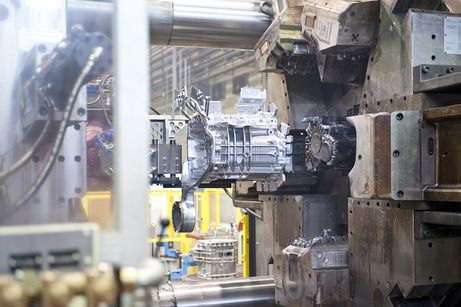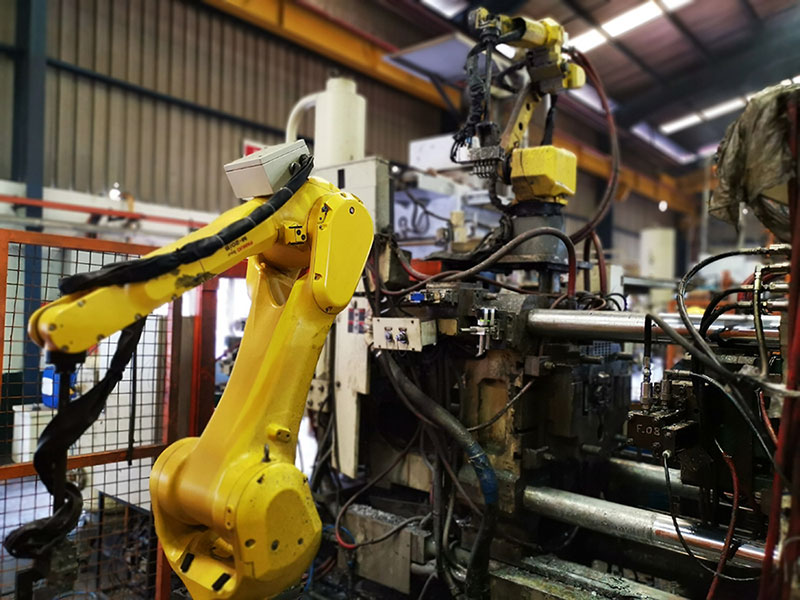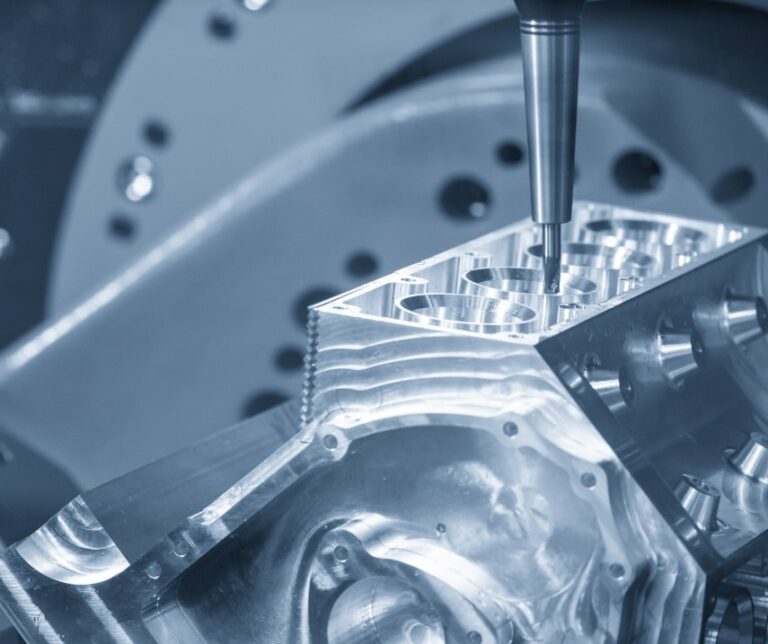
Die casting in Malaysia has emerged as a crucial industry, playing a significant role in the country’s manufacturing and industrial sectors. Known for its efficiency and precision, die casting involves injecting molten metal into molds to produce parts with high dimensional accuracy and exceptional surface quality. This process is widely used across industries such as automotive, electronics, aerospace, and consumer goods. In Malaysia, the die casting industry has gained prominence due to the country’s strategic location, skilled workforce, and focus on advanced manufacturing technologies. With an increasing demand for lightweight, durable, and cost-effective components, die casting continues to be a driving force behind Malaysia’s industrial growth and global competitiveness.
One of the primary reasons die casting has flourished in Malaysia is its application in the automotive industry. As one of the largest contributors to the Malaysian economy, the automotive sector relies heavily on die-cast components for engine parts, transmission systems, and structural components. Aluminum die casting, in particular, is popular for producing lightweight and corrosion-resistant parts that improve vehicle performance and fuel efficiency. Companies in Malaysia have adopted advanced die casting technologies, such as high-pressure and vacuum die casting, to meet stringent quality standards required by global automotive manufacturers. This focus on innovation has enabled Malaysian die casting companies to become key suppliers in the international automotive supply chain.
Beyond the automotive industry, die casting in Malaysia is pivotal to the electronics and telecommunications sectors. The country, known as a hub for electronics manufacturing, requires high-precision components for products such as smartphones, computers, and communication devices. Die casting is the preferred method for producing intricate parts like heatsinks, connectors, and housings due to its ability to deliver complex shapes with superior thermal and electrical properties. Malaysian manufacturers have leveraged state-of-the-art equipment and stringent quality control processes to meet the demands of global electronics giants. This synergy between die casting and electronics manufacturing has contributed significantly to Malaysia’s reputation as a leader in high-tech production.
Sustainability and efficiency are increasingly becoming focal points for the die casting industry in Malaysia. Manufacturers are investing in environmentally friendly practices, such as recycling scrap metal and reducing energy consumption during the casting process. Advanced simulation software is used to optimize mold designs and minimize material wastage, enhancing both cost-effectiveness and sustainability. The use of lightweight materials, such as magnesium and aluminum alloys, aligns with global efforts to reduce carbon emissions, particularly in the automotive and aerospace industries. By adopting green manufacturing practices, Malaysian die casting companies are not only meeting regulatory requirements but also positioning themselves as responsible players in the global market.

Diecasting malaysia industry benefits from a strong ecosystem of research, development, and collaboration. Partnerships between manufacturers, universities, and government agencies have driven innovation and skill development within the sector. Programs focused on advanced manufacturing technologies, such as automation and robotics, are equipping the workforce with the expertise needed to stay competitive in a rapidly evolving global market. Additionally, the government’s support through policies and incentives, such as tax breaks and grants, has encouraged investment in state-of-the-art facilities and research initiatives. These efforts have strengthened Malaysia’s position as a regional hub for die casting and advanced manufacturing.
Die casting in Malaysia is a vital industry that continues to fuel the country’s economic and industrial growth. Its applications in automotive, electronics, and other sectors underscore its importance in producing high-quality, cost-effective components. By embracing innovation, sustainability, and collaboration, Malaysian die casting companies are well-positioned to meet the challenges of an increasingly competitive global market. As industries worldwide demand lightweight and precision-engineered components, Malaysia’s die casting sector is poised to play a pivotal role in shaping the future of manufacturing. With a focus on quality, efficiency, and environmental responsibility, die casting remains a cornerstone of Malaysia’s industrial success.


